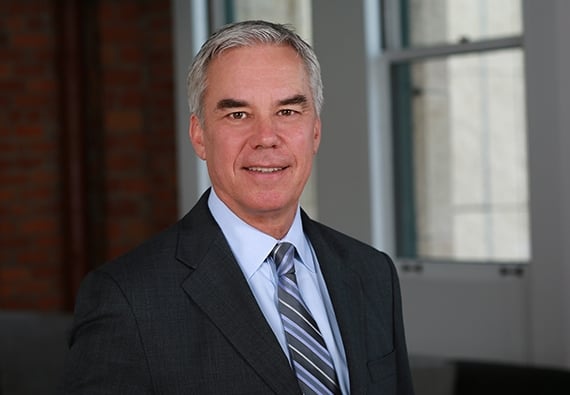California Supreme Court Declines to Apply Federal Excuse for Short Unrecorded Work Periods
By Doug Dexter, Holly Sutton, James Baker, and Brookes Degen
In Troester v. Starbucks, a unanimous California Supreme Court held that California labor statutes and wage orders do not incorporate federal de minimis work exceptions. Yet, the Court declined to define when, if at all, employers need not pay for short, irregular, or unmeasurable unrecorded work time.
Background
As a Starbucks shift supervisor, Douglas Troester’s duties included end-of-day store closing duties. Starbucks software required him to clock out before starting a “close store procedure,” which involved transmitting daily store data to corporate headquarters, activating the store’s alarm, locking the doors, and walking employees to their cars in accordance with Starbucks policies. Occasionally, Troester unlocked the store after closing to allow employees to retrieve personal effects. These tasks allegedly took four to ten minutes per day after Troester had clocked out, valued at $102.67 over his 17-month tenure at Starbucks.
Troester filed a putative class action complaint alleging that Starbucks had violated the California Labor Code by failing to pay non-exempt employees for these store closing tasks. The trial court granted summary judgment for Starbucks, finding Troester’s off-the-clock work to be de minimis based on the federal doctrine which does not require compensation for “insubstantial or insignificant” work time outside of scheduled work hours. On appeal, the Ninth Circuit certified to the California Supreme Court the question of that doctrine’s applicability under California law.
The California Supreme Court’s Holding
Although the federal de minimis regulation was adopted by California Division of Labor Standards Enforcement Manual, the California Supreme Court held that California’s Labor Code and Wage Orders do not incorporate the federal de minimis work doctrine. In support of its holding, the Court noted that the manual is non-binding on the courts, and that the Labor Code has been consistently construed to “favor the protection of employees.” The Court next examined whether general common law de minimis principles may apply, but opined that Troester’s additional four to ten minutes of work per day were too valuable to qualify as de minimis under California common law. The Court noted that time periods of ten minutes are not viewed as legally insignificant, given that employees are required by law to take 10 minute rest breaks. It also pointed to the adoption of modern time keeping systems to track small periods of time, and opined that the availability of class actions to aggregate small claims contravenes the common law de minimis principle of refusing legal recovery for insubstantial losses.
The Court explicitly left open whether the common law de minimis doctrine could excuse unpaid activities more irregular or brief than those before the Court. One justice—in a non-binding, concurring opinion—proposed digital-age scenarios where the doctrine might apply: logging into a computer system for less than a minute; reading and acknowledging schedule change emails and text messages; or responding to a customer who unknowingly made a request to an off duty employee when helping the customer takes less than a minute or two.
Takeaway
Troester reaffirms that California law often requires more stringent work time tracking than federal law. The decision will likely lead to more California class actions challenging non-payment for time spent starting or finishing work. Employers should re-examine their standard processes to maximize assurance that all work time is being captured in their timekeeping system. Even small increments of unpaid time may result in class litigation imposing substantial statutory penalties and attorneys’ fees. Employers should obtain legal advice to determine whether their time keeping practices are well designed in light of this decision.
Link to Decision
Troester v. Starbucks, Case No. S234969 (Jul. 26, 2018)


